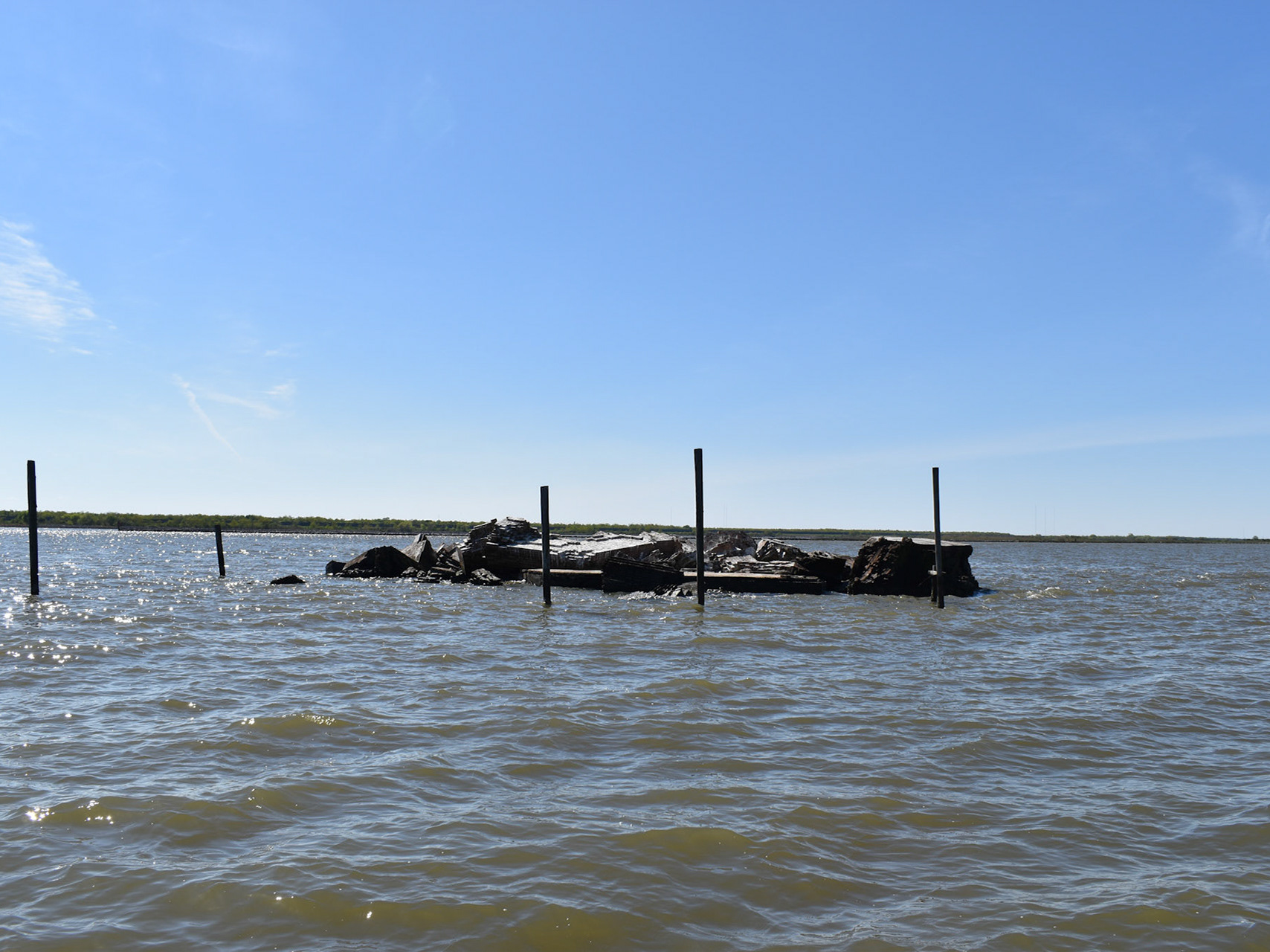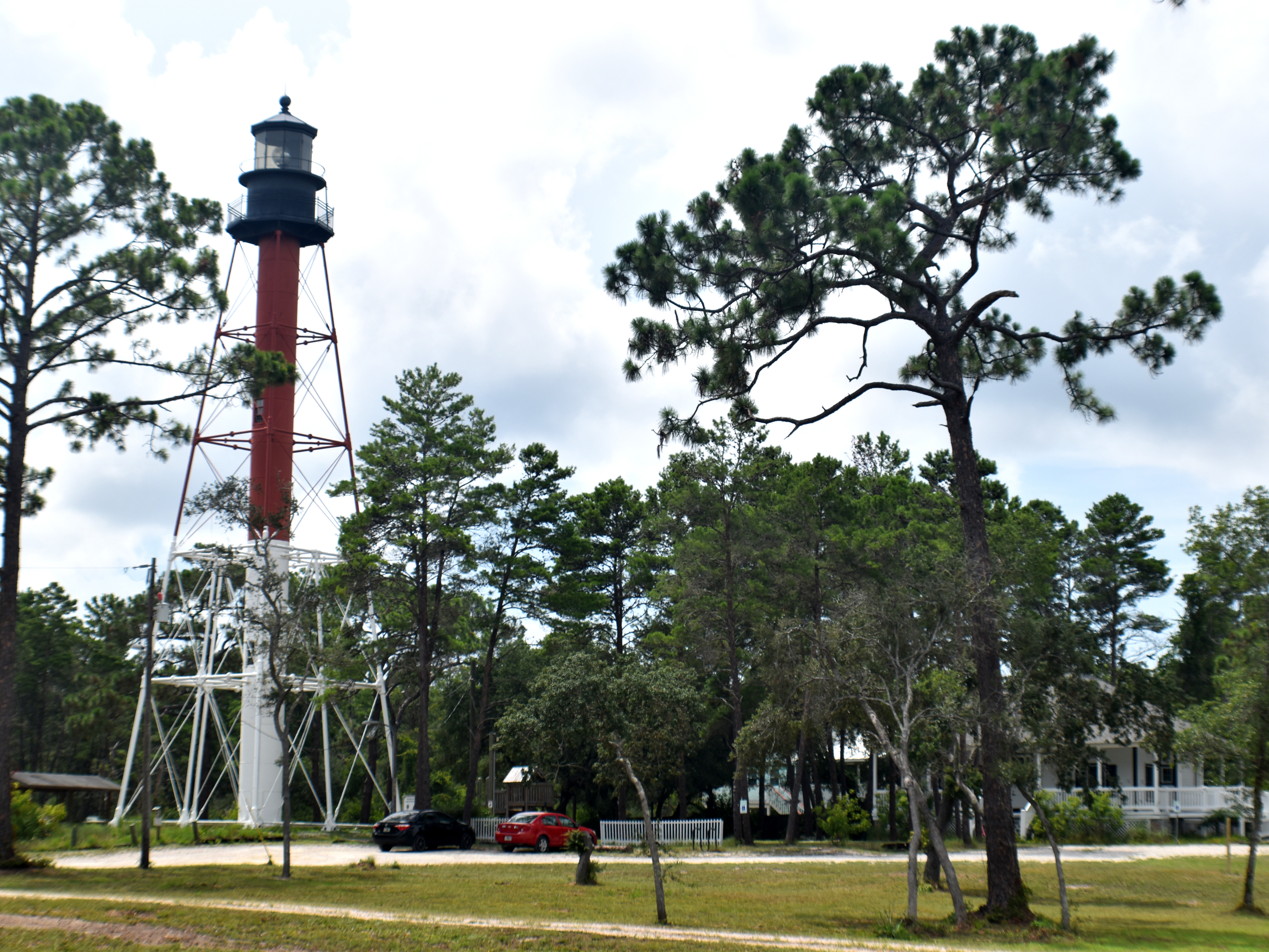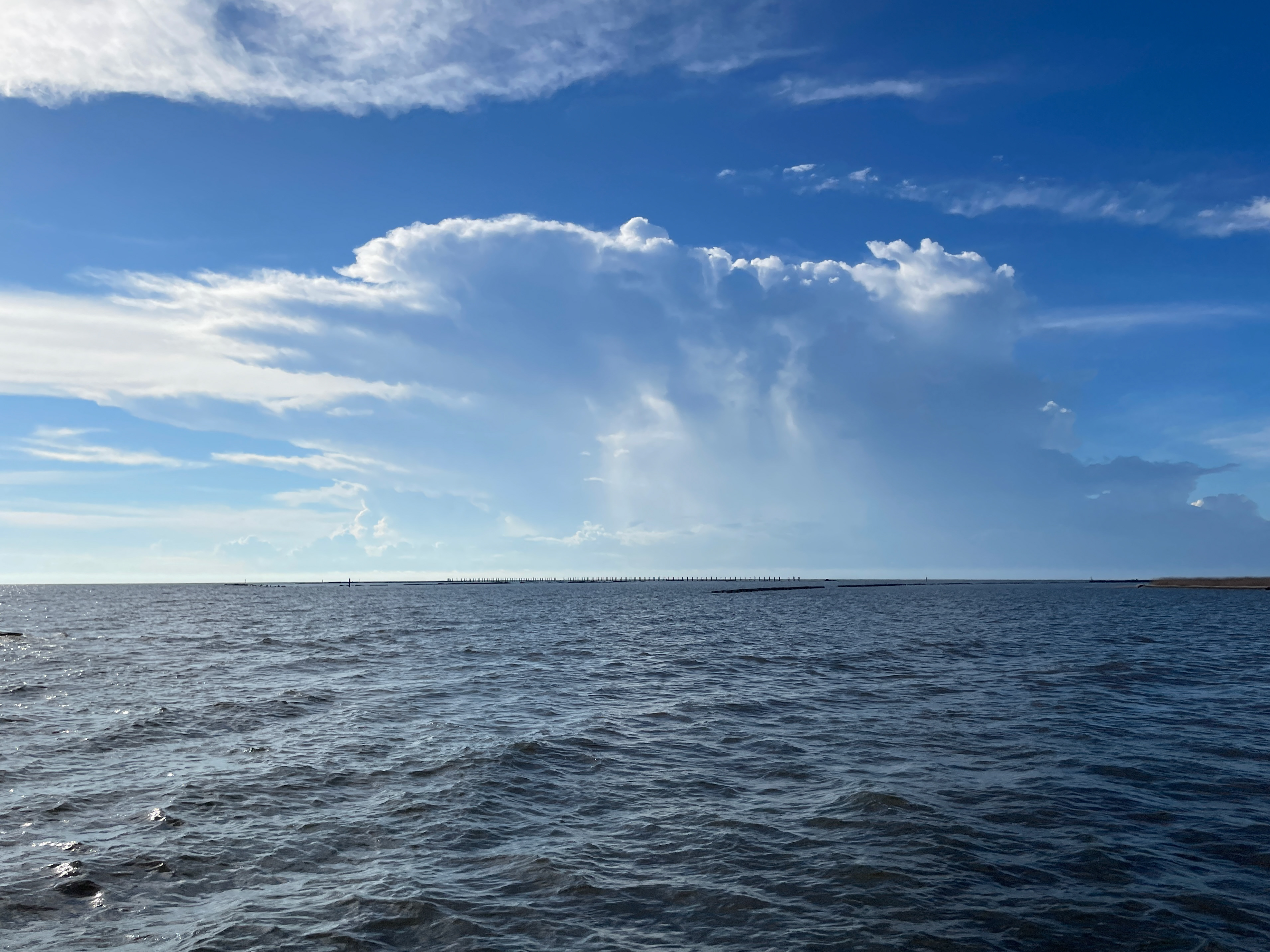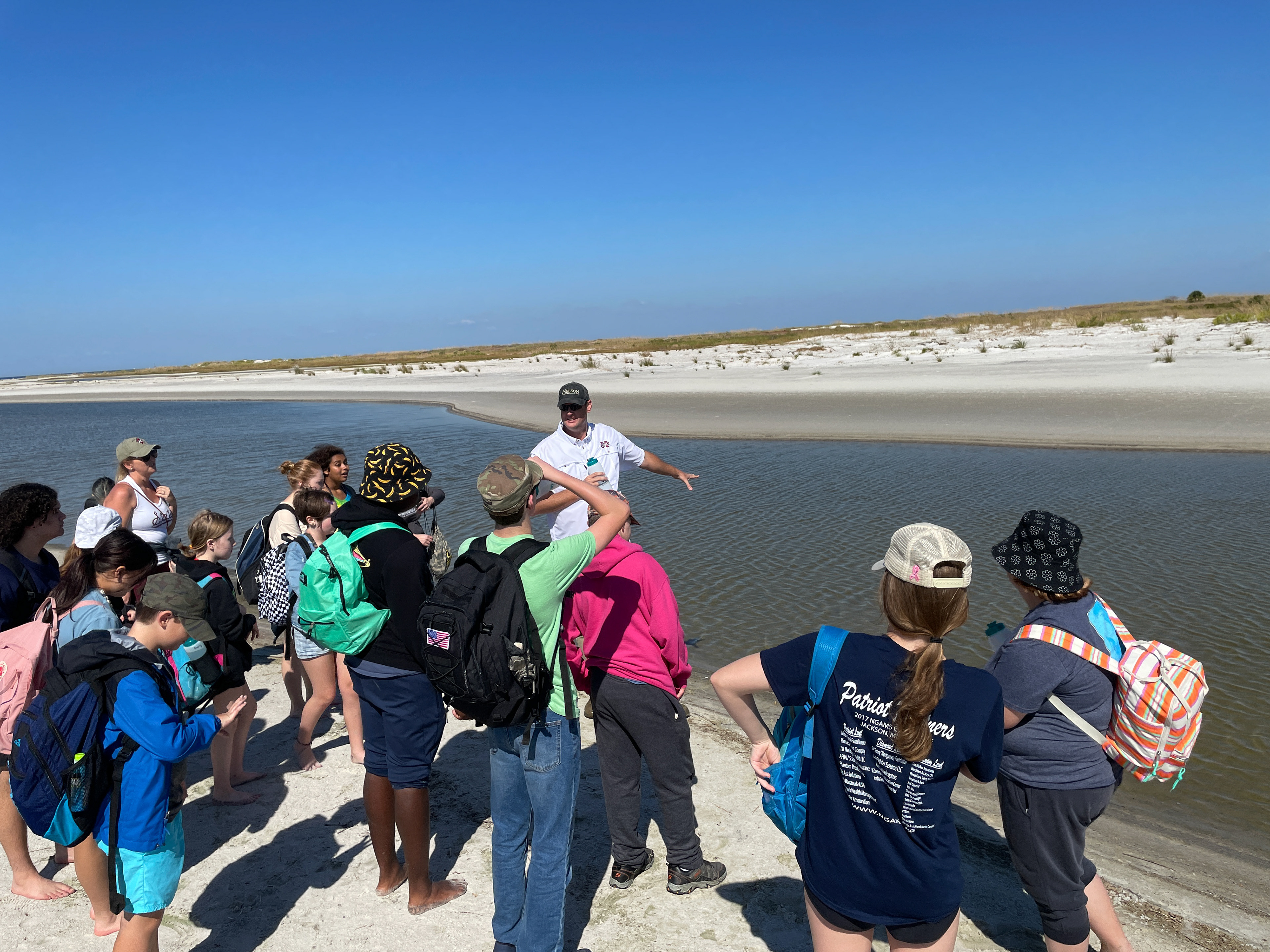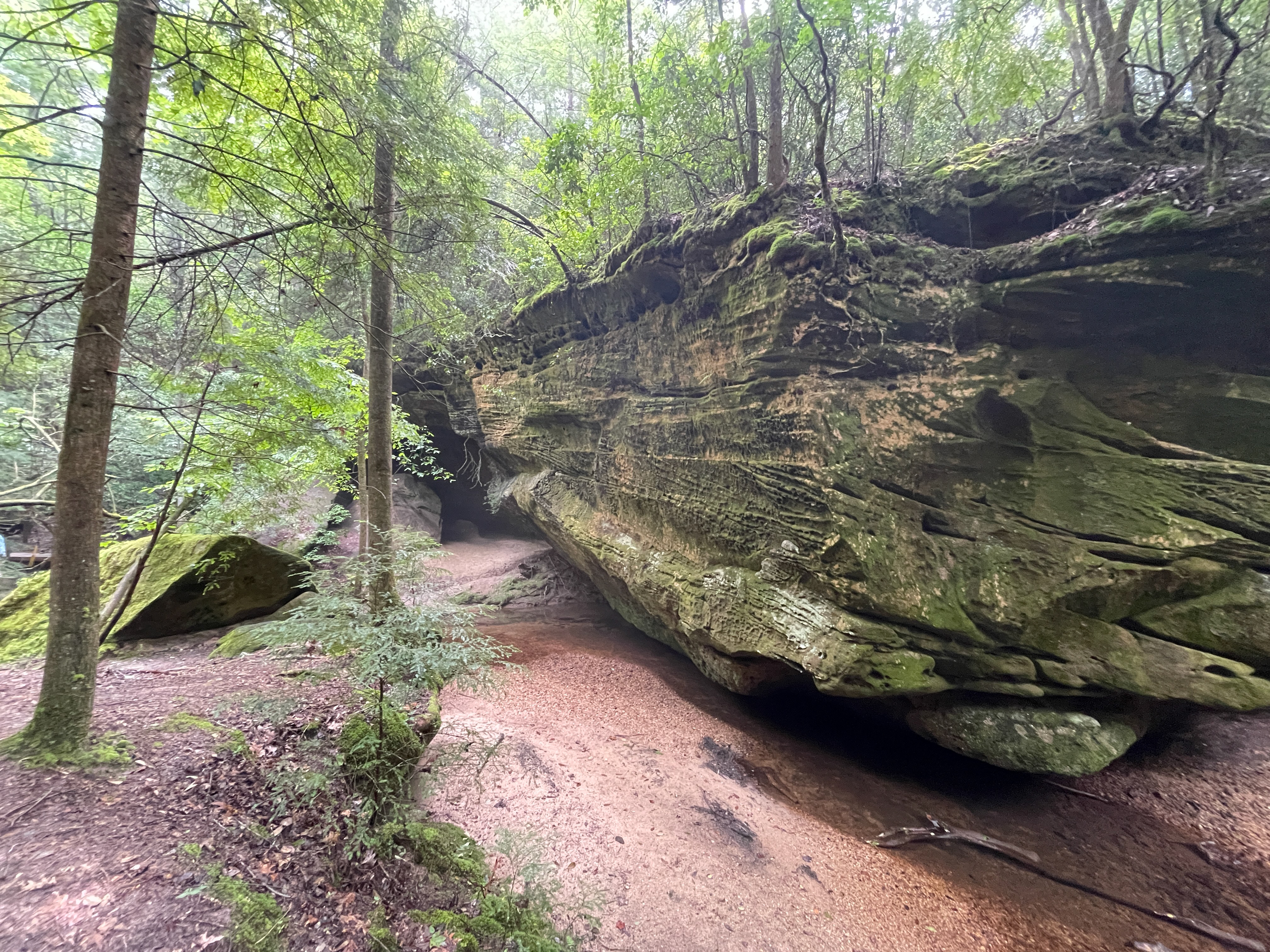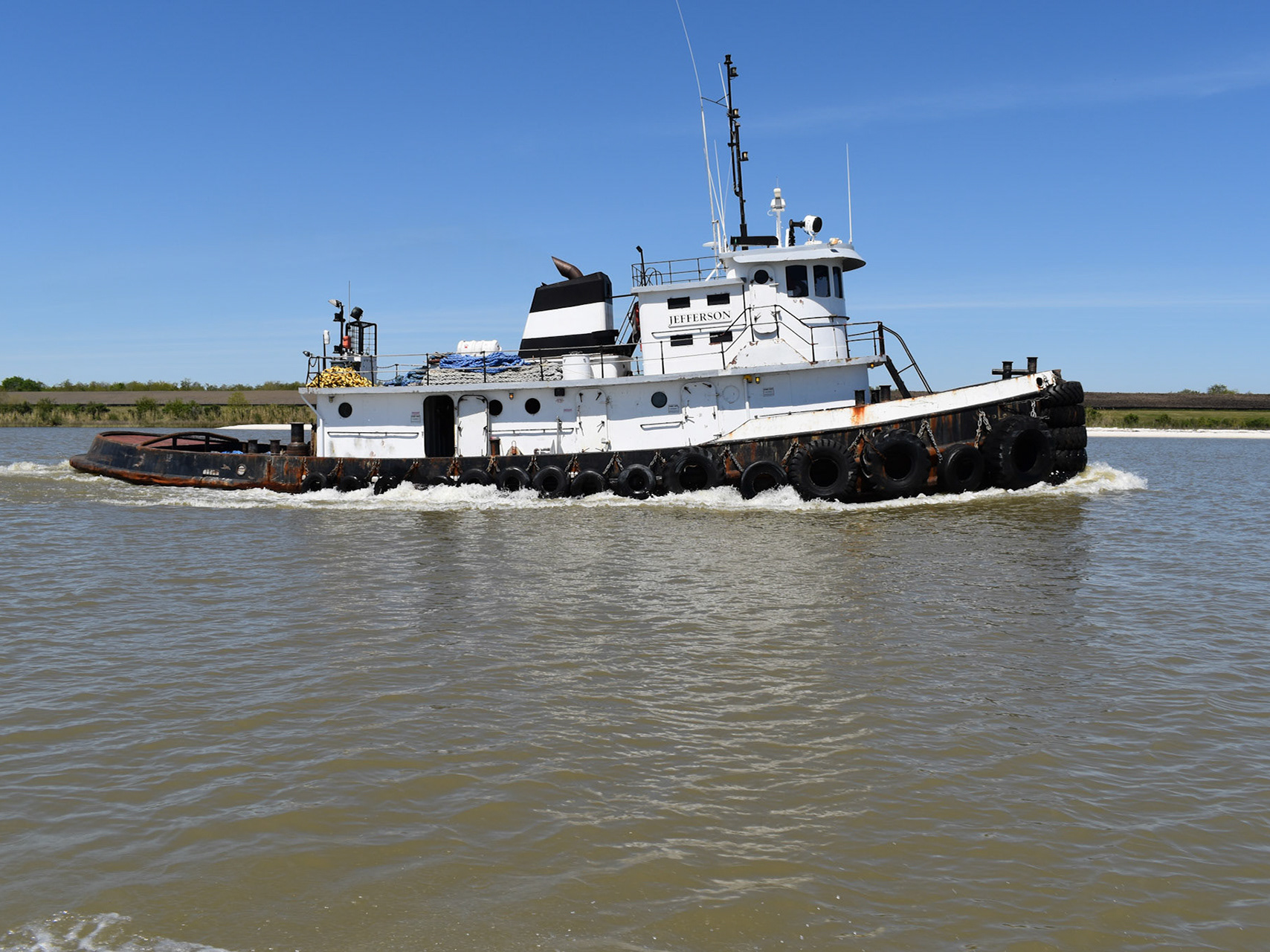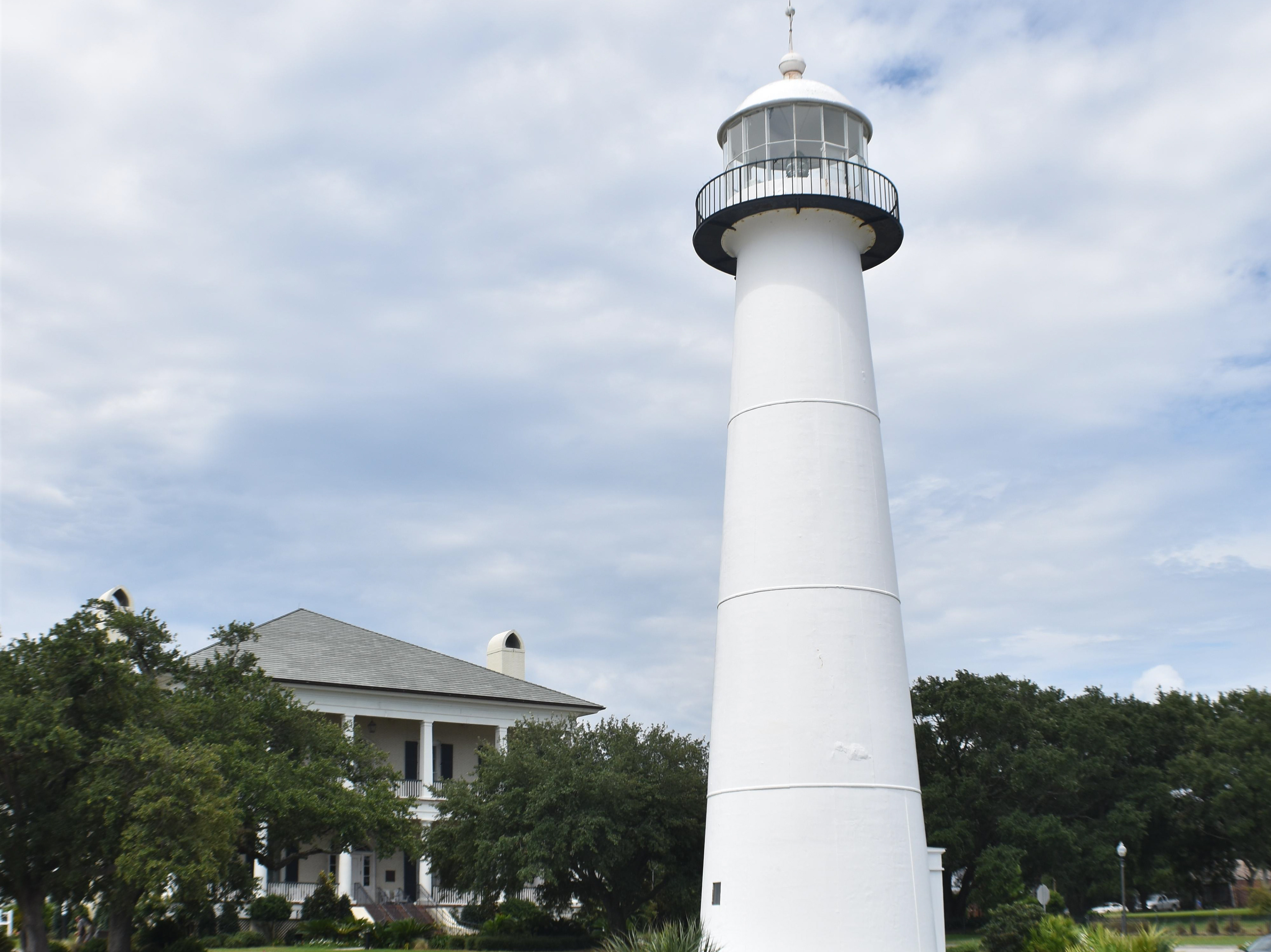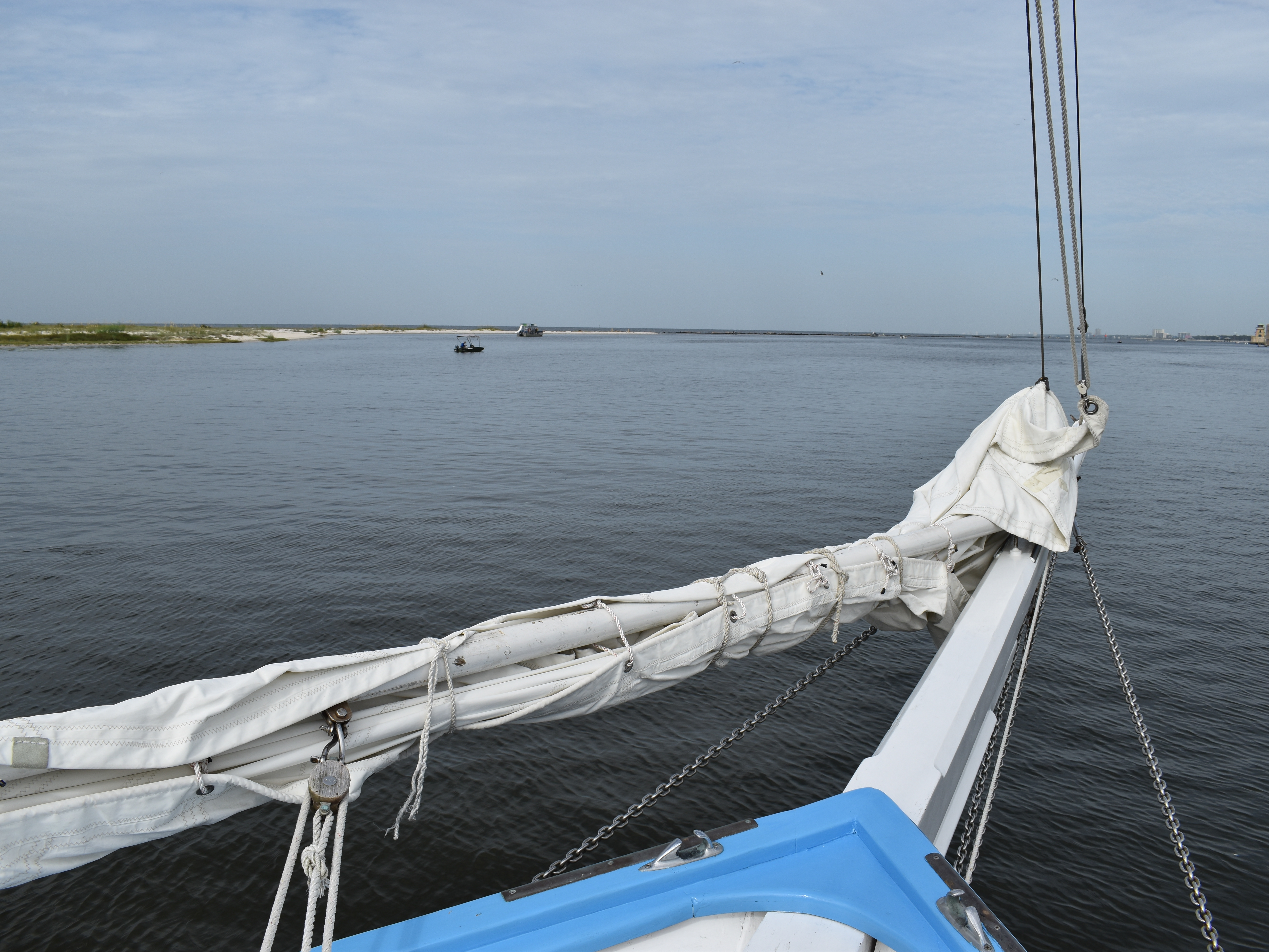Because of the proximity of Barataria Bay to New Orleans, the British offered Laffite financial resources and a captaincy in the Royal Navy for his potential assistance in the future invasion of New Orleans. Being the Pirate that he was, Laffite pretended to cooperate, then warned Louisiana officials of the British threat to New Orleans’s. Instead of accepting his warning, Louisiana Governor Claiborne summoned the U.S. Army and Navy to wipe out the pirate colony at Barataria.
The American governor of Louisiana, Gov Claiborne, angered by the privateer's disregard for customs laws, ordered an attack on Barataria on the 16th of September, destroying the Barataria encampment. The Governor also offered a reward of $300 for the capture of Lafitte, to which, Lafitte responded by offering a more substantial reward of $1,000 for the capture of the Governor if he were to be delivered to the Lafitte's new base of operations on Cat Island.
Lafitte still professing his loyalty to the United States against Britain, then offered military and intelligence support to General Andrew Jackson in defense of the city of New Orleans, in return for a federal pardon for him and his men. General Jackson accepted Lafitte's offer and during the Battle of New Orleans (December 1814–January 1815) Laffitte’s Baratarians, as they came to be known, fought alongside the U.S. Forces. Jackson personally commended Laffite as “one of the ablest men” of the battle, and President James Madison issued a full pardon for Lafitte and his men.
It is said that the city leaders of New Orleans had wished to surrender the city to the British, but that General Jackson ordered the city into martial law and subsequently detained the entire city council by force until the battle was won.
After the War of 1812, the pirate chief returned to his past, and in 1817, with nearly 1,000 followers, he organized a new pirate city called Campeche on the site of the future town of Galveston, Texas, where he served briefly as governor in 1819. From this base, he continued his privateering against the Spanish, and his men were more commonly acknowledged as actual pirates. When several of his ships attacked U.S. interests in 1820, U.S. Naval and Army pressure were brought to bear on the pirate operations in Texas. This pressure to end his days of Piracy resulted in his subsequent sacking and burning of Galveston and his disappearance into history.
